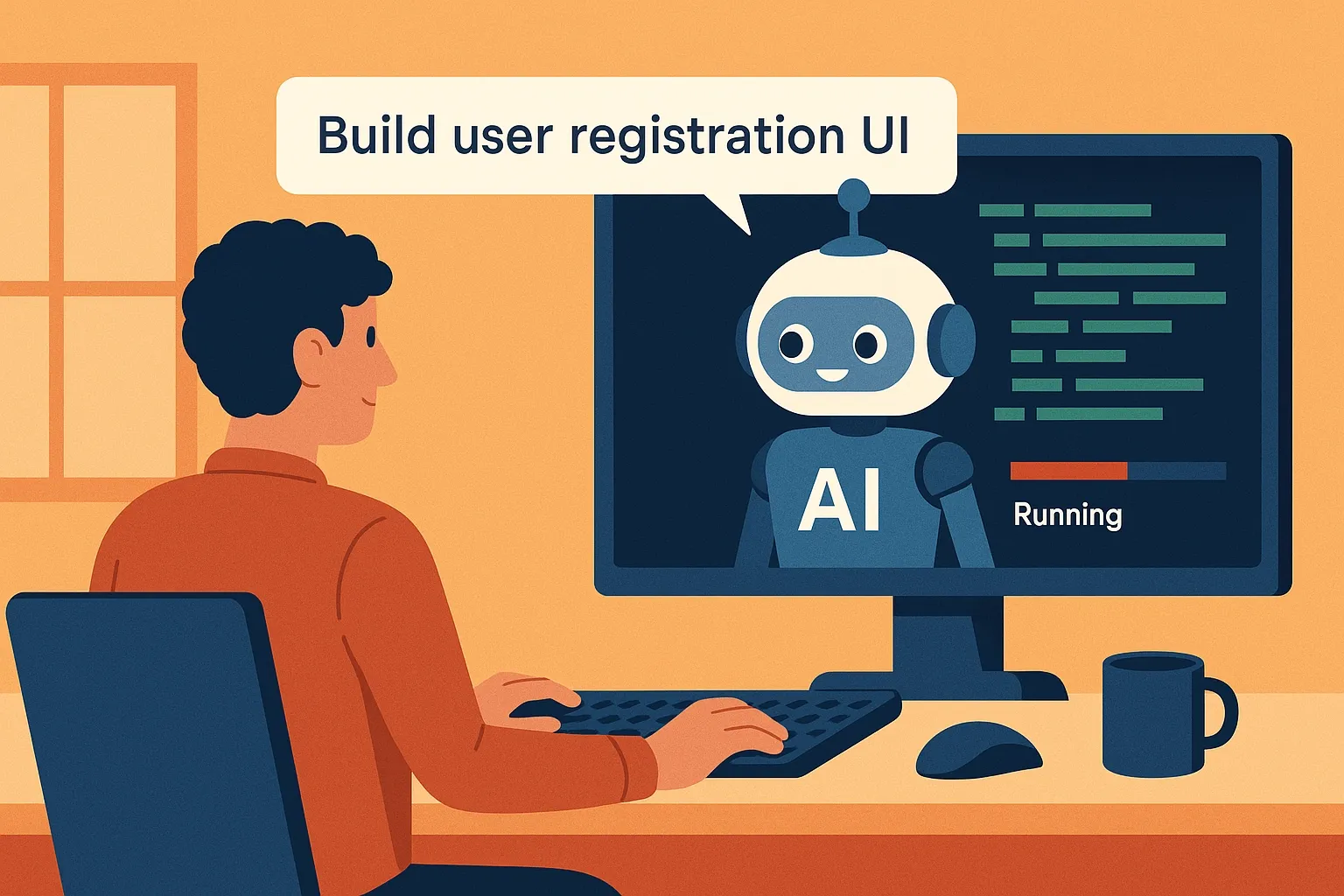Introduction
The rise of Devin AI and other agentic AI platforms marks a turning point in software engineering. These autonomous code agents equipped with real-time planning, debugging, and execution capabilities are poised to transform how developers work. Here’s how we’ll see that play out over the next 6 to 12 months.
1. Developers Shift to “Vibe Coding” & Strategic Oversight
- Vibe coding, directing AI through natural language instructions, will become a mainstream approach. You’ll say “build user registration UI”, and the agent will generate, test, and iterate. attr attr
- Instead of typing every line, developers will focus on design, validation, and guiding agents, reframing their role from “doer” to “director”.
2. Productivity Gains of 3×–5× with Multi-Agent Workflows
- Expect tools that manage multiple agents in parallel, handling testing, refactors, bug fixes simultaneously. One analysis estimates each agent is roughly as efficient as a junior dev at ~$10/hr; managing five at once yields 3–5× productivity gains. attr
- For complex systems with large backlogs, that’s a dramatic acceleration in delivery.
3. Deeper Integration with Developer Toolchains
- AI agents are already embedded in IDEs and version control systems. Over the next year, expect even tighter coupling: agent-generated code, CI integration, documentation, and issue triage in a single flow. attr
- “Devin Wiki” and “Devin Search” already automate context understanding, soon these could be standard features in major platforms. attr
4. Enterprise Adoption & Legacy Code Modernization
- More enterprises will spin up in-house agents tailored to their stacks. Morgan Stanley’s “DevGen.AI” has already modernized 9 million lines of Cobol since January, saving 280,000 developer hours. attr
- Expect similar internal AI engineering efforts from banks, insurance firms, and telecoms.
5. 20–90% of Code Soon Authored by AI
- Industry leaders predict a rapid shift:
- That means most new features and routine fixes will come from agents, developers become high-level supervisors.
6. Redefined Roles and Skills
- With basic coding offloaded, developers focus on:
- Entry-level roles will shift away from typing code to training & validating agents, and ensuring compliance.
7. Challenges: Quality Assurance, Governance & Trust
- Agents still make mistakes. Manual QA, security reviews, and compliance checks remain essential.
- Policies and tooling for agent ownership, audit logs, and responsibility attribution must emerge.
8. Ethical, Regulatory & Workforce Impacts
- Some entry-level roles may band away, Anthropic’s CEO warns of potential layoffs among junior developers.
- Yet others highlight how AI elevates roles, increasing capacity for ideation, systems thinking, and cross-functional collaboration.
🔮 Looking Ahead: What to Watch in 2025
| Timeline | What’s Coming | What It Means |
|---|---|---|
| 0–6 months | Broader deployment of agents like Devin; surge in agent‑powered refactors and bugfixes | Faster iteration, backlog clearing |
| 6–12 months | Multi‑agent workflows, full lifecycle support, AI‑generated docs | Self-driving codebases |
| 12+ months | Internal enterprise AI engineers; nearly all code AI‑written | Humans shape vision; agents build it |
Conclusion: A Co-Evolution, Not Extinction
AI code agents like Devin aren’t here to replace developers, they’re here to augment them. Over the next year, developers will evolve into orchestrators: prompt architects, system designers, and stewards of autonomous code. The tools won’t remove the need for human insight, they’ll amplify it.
The future isn’t human vs. AI. It’s human with AI, and that’s where real innovation lies.
